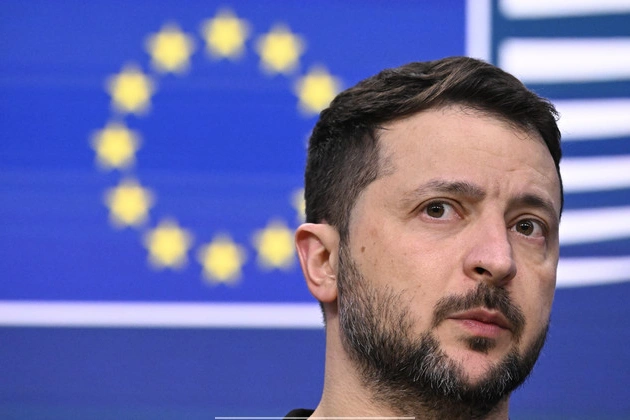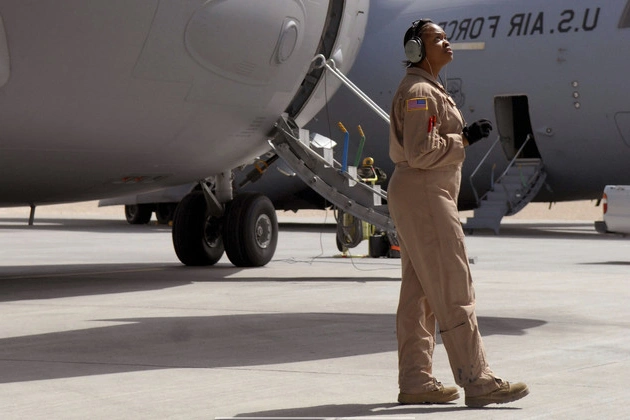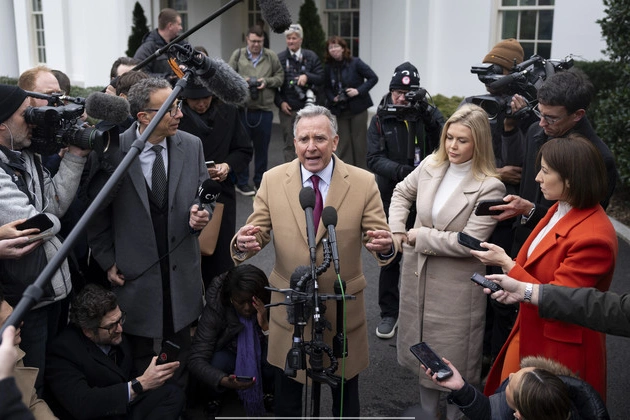
Chaos and Confusion: Implications of Trump Administration's Halt on US Foreign Aid
The abrupt cessation of U.S. foreign aid by the Trump administration is sending shockwaves through various aid organizations, disrupting critical programs and leaving officials grappling with the directive’s ramifications.
Following Secretary of State Marco Rubio’s directive, aid leaders are now forced to make tough decisions on which programs to suspend, leading to potential staff cuts and program closures. Amidst the chaos, organizations are racing to adapt, from seeking alternative funding for refugee assistance in the U.S. to halting operations at HIV clinics in Africa.
The Human Impact
Asia Russell, the executive director of Health GAP, condemned the ‘stop work’ order, calling it ‘cruel and deadly’ with the potential to cost lives. The lack of clarity in the order has left many federal workers bewildered, unsure of what activities qualify for exemptions.
Ken Jackson, USAID’s assistant to the administrator for management and resources, emphasized the comprehensive nature of the pause on foreign assistance, restricting all external communications without prior approval.
As uncertainty looms, aid groups involved in diverse initiatives, including landmine clearance, HIV treatment, and investigative journalism, are bracing for the impact of the sudden funding halt.
Unprecedented Measures
The freeze on foreign aid, unlike any seen in recent history, has raised questions about the necessity of suspending ongoing programs for an inventory review. NGO leaders warn that even a brief interruption in funding could spell disaster, forcing closures and layoffs.
Legal Challenges and Congressional Response
Several aid organizations are exploring legal avenues to challenge the order, citing potential violations of existing laws and contracts. Lawmakers, including Reps. Gregory Meeks and Lois Frankel, have expressed concerns over the freeze’s deadly consequences on essential programs like PEPFAR and the President’s Malaria Initiative.
Advocates press for a swift resumption of aid to prevent catastrophic disruptions in healthcare services and humanitarian assistance.
Global Ramifications
The impact extends beyond humanitarian aid to include military financing for key allies like Ukraine, Jordan, and Taiwan. While certain exceptions have been made, uncertainty looms over the fate of billions in defense-related funding.
Defense firms, especially smaller contractors, face challenges due to the funding limbo, emphasizing the need for expedited program assessments to safeguard national security interests.
The order’s ripple effects also reach refugees in the U.S. and vulnerable populations, jeopardizing vital support services and creating uncertainty for thousands of individuals in need.
Looking Ahead
The freeze on foreign aid has sparked widespread concern among aid organizations, with fears that the administration may not restore funding to previous levels. Calls for swift action and congressional intervention underscore the urgency of addressing the unfolding humanitarian crisis.
As organizations grapple with the uncertainty, the future of critical aid programs hangs in the balance, with potential long-term repercussions on global stability and U.S. strategic interests.















